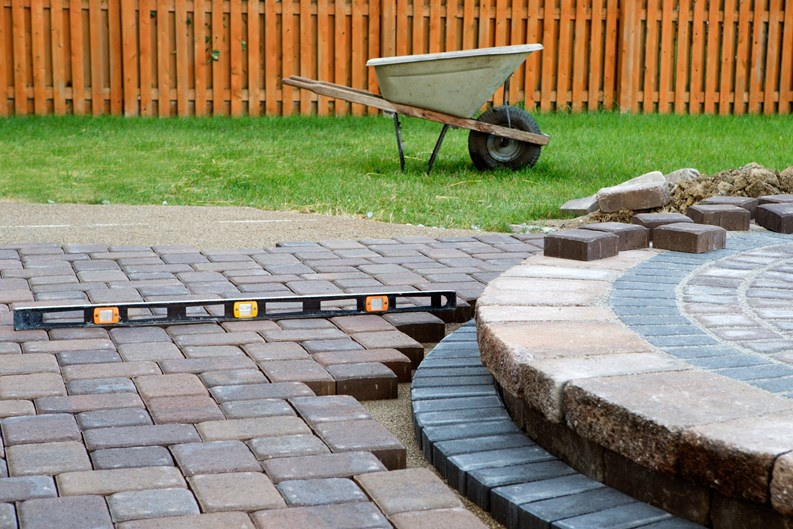Q. Five years ago, an owner who was on the board for a year and was newly in charge of maintenance had his own new patio removed and hired our usual contractor to pour a new, larger patio—which of course meant using common element property. Our lawyer had advised him and the board the year before that this could be done only with permission of the board and an official 99-year lease that needed to be drawn up by a lawyer and filed with the county. The owner has never done either one. The board has been unwilling to enforce this caveat. Can it still be done, and if so, how?
—A Brick Too Far
A. “Generally,” says attorney James Stevens, principal with law firm Chuhak & Tecson in Chicago, “encroachments into the common elements of a condominium depend wholly on the terms of the declaration for that community. Without reading those here specifically, there is no way to say whether such a patio construction would require any amendments to the covenants or a ‘ground lease’ of sorts as mentioned here. Owners often have patios assigned for the benefit of their particular unit, usually called ‘limited common elements,’ which can be a portion of the common elements reserved for the benefit of one unit exclusively to others. Normally, reconstruction or rebuilding of existing common elements does not require any kind of alteration to the declaration, but extension or increasing the size of those items may. The board here should discuss the issue with their community association lawyer to determine what is necessary per the governing documents.
“When additions are allowed, board and owners often document those additions using an amendment to the declaration or some other kind of recorded document that memorializes the agreement to extend and makes it clear for both owners and boards that come in the future that such addition was allowed. It is a good practice, too, to make sure that owners remain responsible for the maintenance and repair of such additions and to include those terms in the recorded document.”







Leave a Comment